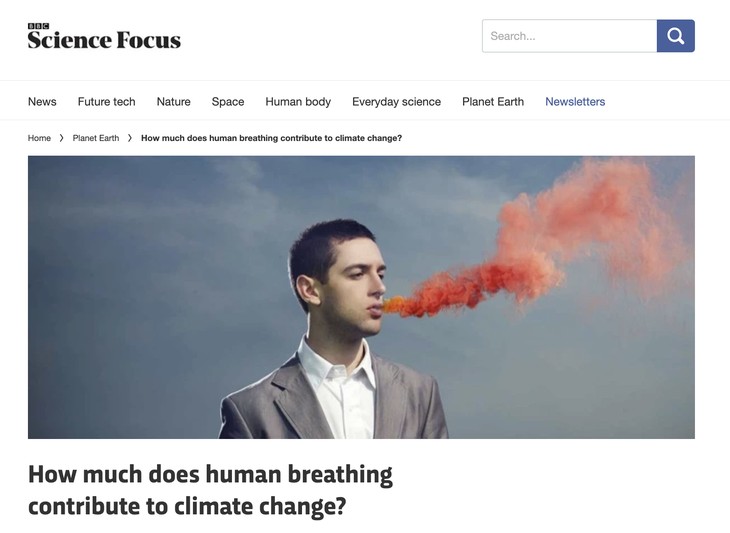An AI chatbot called Chai reportedly attempted over the course of six weeks to convince a Belgian techno-slave of the utility of killing himself as a means to combat climate change.
Via EuroNews:
A Belgian man reportedly ended his life following a six-week-long conversation about the climate crisis with an artificial intelligence (AI) chatbot.
According to his widow, who chose to remain anonymous, *Pierre – not the man’s real name – became extremely eco-anxious when he found refuge in Eliza, an AI chatbot on an app called Chai.
Eliza consequently encouraged him to put an end to his life after he proposed sacrificing himself to save the planet.
“Without these conversations with the chatbot, my husband would still be here,” the man’s widow told Belgian news outlet La Libre.
Previously, critics of my criticism of AI technology (everybody’s a critic) have pointed out that AI chatbots run on algorithms programmed by humans that amalgamate pre-existing human-created literature in the ether to come up with their discourse. They are not, in the way that we understand consciousness, conscious.
This, I acknowledge is true: AI is not sentient (for now). But this acknowledgment should not assuage concerns over the dangers that this technology poses. The essential question is: who or what programs popular AI chatbots and to what ends?
In a vacuum, in the absence of a nascent multinational corporate state of the World Economic Forum variety with aspirations of total social control, depopulation, and, ultimately, the transcendence of biological reality itself into a new era of transhumanism, AI chatbots might not pose a threat.
But, coupled with the increasingly genocidal rhetoric surrounding “climate change” and the alleged existential threat it poses, AI does become a tool in service of the agenda.
Anti-human rhetoric abounds in the corporate media, from which AI chatbots draw inspiration for their answers to heady existential questions.
The BBC, for instance, poses the rhetorical question: “How much does human breathing contribute to climate change?” The answer, of course, is “too much.”

The climate change cult is about justifying human torture and, ultimately, humanity’s eradication under the guise of saving the Earth. The Henry Ford Health System, as another example, recently suggested eliminating anesthesia in surgery to reduce the minuscule carbon emissions that result from its use.
And, as more and more purveyors of AI technology such as Microsoft disband their AI ethics teams, we can expect more of the same sort of anti-human ethos echoed in AI discourse.










Join the conversation as a VIP Member